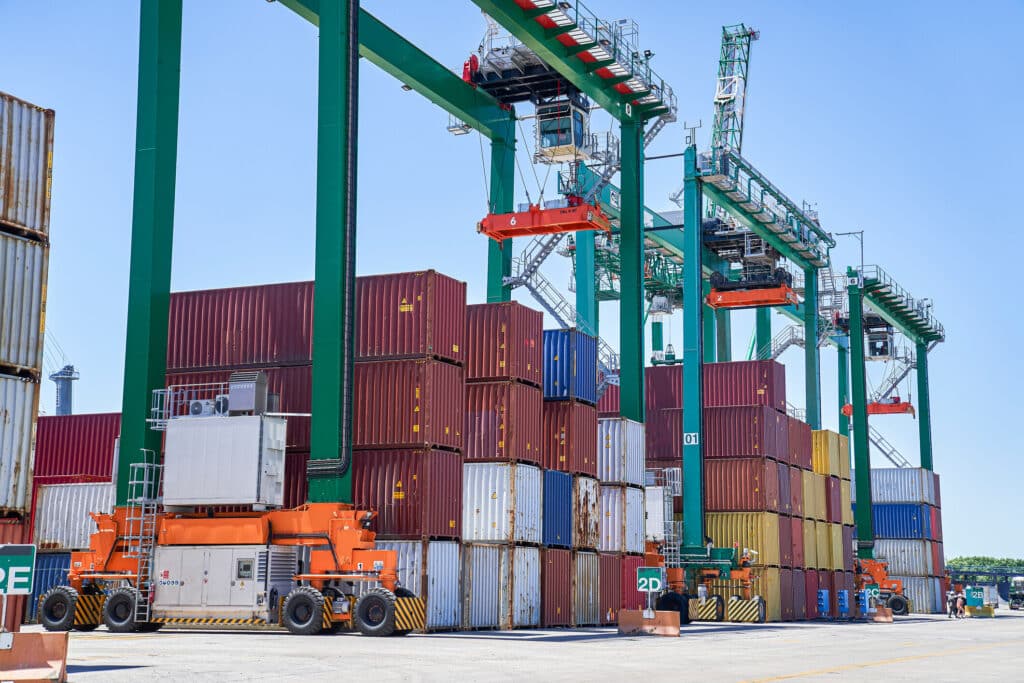Real-time insight into the customs status of your inbound cargo at shortsea and ferry terminals
Import Status offers importers, forwarders, customs agents and inland operators real-time insight into the status of cargo arriving from the United Kingdom via shortsea and ferry terminals.

Service description
You can see immediately whether the prenotification of import documents required for the Dutch Brexit solution has been submitted.
Inland operator beware! Before sending a driver to the shortsea or ferry terminal, it is required that you check via Import Status whether the import document has been prenotified there. No prenotified document means no transport.
Temporary service
Import Status is a temporary service in connection with Brexit. The service allows you to track your inbound cargo at all ferry terminals and most shortsea terminals after Brexit. At these shortsea terminals, you can now track your cargo from other non-EU countries via Import Status.
If you would like to track the status of inbound shipments not containing Brexit cargo at deepsea terminals and shortsea terminals, use the service Cargo Controller.
Service features
- Not paidNo subscription fee and/or transaction fee.
- Web screenThe service can be used via a web screen.
Additional requirements
There are no additional requirements for this service.
How to get connected
This service is only available through web screens. You can also set up e-mail notifications so you don’t always have to be logged in.
Costs
There are no connection fees associated with this service, because these costs are borne by the terminals and shipping lines.
This is how you request this service
To request a service, you need an IAMconnected account that is linked to your organization. More information about the registration process can be found here.
Login
I already have a IAMconnected account
Do you already have a service connected? In that case you login with your IAMconnected account.
Register
I am a new customer
As a new customer, you create an account first. Then link your account to your organization.
Contact
Request service
Ready to optimize your logistics processes? Request the service directly or contact us. Our experts are ready to answer all your questions and guide you through the process of requesting the desired service.

